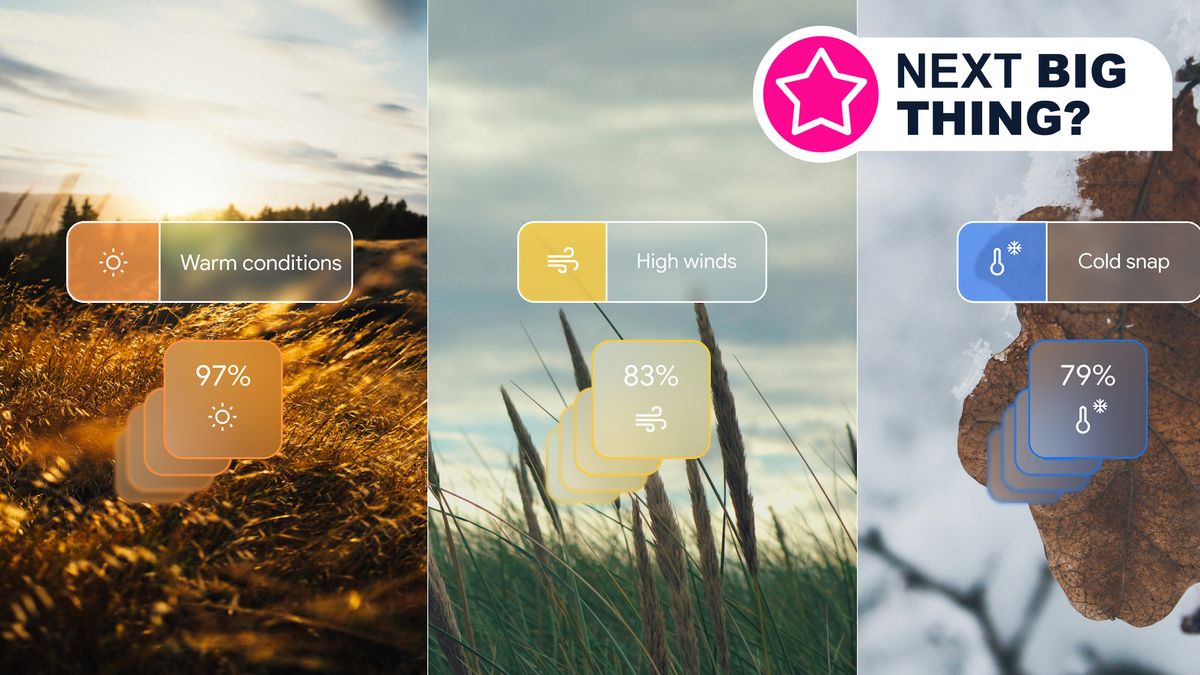Revolutionary 15-Day Weather Forecasting: Google DeepMind’s AI Breaks Ground with Unprecedented Accuracy

Breakthrough in Weather Forecasting: DeepMind Unveils Accurate Generative Model
Weather forecasters, rejoice! Google’s DeepMind has just revolutionized the way we predict the weather, introducing a generative model that’s more accurate than the current forecasting standard 97.2% of the time. The model, dubbed GenCast, has been trained on 39 years of global weather data and is capable of predicting the weather up to 15 days in advance.
So, how does it work? GenCast is an AI model that’s similar to ChatGPT, but adapted to the Earth’s geometry. It’s fed with recent weather data and uses this information to generate future weather scenarios, ultimately suggesting the most probable outcome.
To test GenCast’s effectiveness, the team at DeepMind compared its predictions against the industry’s current best forecasting tool, the Ensemble Forecast (ENS). The results are staggering: GenCast outperformed ENS 97.2% of the time, with an impressive 99.8% accuracy for forecasts more than 36 hours in advance. This accuracy also extended to the prediction of extreme weather events, such as tropical cyclones.
What’s even more remarkable is the processing power required to generate these forecasts. A single Google Cloud Tensor Processing Unit v5 can produce a 15-day forecast in just eight minutes, while traditional ensemble forecasts take several hours to complete on supercomputers with thousands of processors.
No Meteorologist Replacement
While GenCast is an incredible tool, it’s not expected to replace human meteorologists. Instead, it will become another valuable resource in the meteorological arsenal, providing input for experts to make informed predictions. Traditional ensemble forecasts project weather patterns based on complex physics-based calculations, while GenCast uses historical data to generate the most likely scenario.
The potential applications of GenCast extend beyond standard forecasting. It could be used to provide probability forecasts, allowing officials to plan for different weather outcomes and allocate resources accordingly. Additionally, wind-power forecasting could influence renewable energy planning.
For now, the team at DeepMind is continuing to research and develop GenCast as one of several AI-based weather models. The model is open, and DeepMind will soon be releasing real-time and historical forecasts for integration into other models.
You Might Also Like…
Stay up-to-date with the latest news, reviews, and insights in the world of technology, science, and more. Sign up for our newsletter to receive expert opinions, top tech deals, and breaking news.






